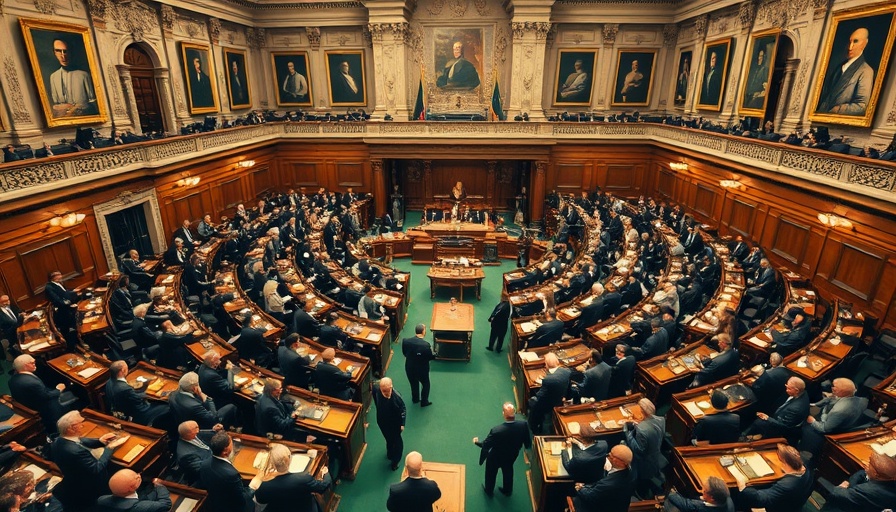
The Rising Costs of Power: A National Concern
If you've been feeling the pinch from climbing energy bills lately, you're not alone—many Americans share this concern. A recent EcoFlow-Horowitz survey revealed that a staggering 74% of homeowners across key states like California, Texas, and Florida predict that electricity costs will keep rising. This growing anxiety is underscored by the fact that 61% of those surveyed already believe their electric bills are unmanageable, and a striking 75% are actively seeking ways to reduce these expenses.
The Root of Concern: Price and Power Outages
The apprehension surrounding rising energy expenses is not just about bills; it also highlights broader issues such as the increasing frequency of power outages and the impact of extreme weather. The survey points out that older homeowners, particularly those in California, face heightened worries due to ongoing electricity costs and grid reliability.
Turning to Solar: A Practical Solution
In light of these financial pressures, many homeowners are exploring alternative energy sources to take control of their rising costs. Significantly, about 70% of those surveyed either have solar panels installed or express interest in acquiring them, primarily motivated by the potential savings on long-term energy expenses. Solar power not only helps reduce utility costs but also plays a crucial role in minimizing pollution that contributes to climate change.
Understanding the Upfront Costs of Solar Energy
Despite the allure of solar power, the high initial installation costs remain a sizable barrier for many families. With the current economic climate affected by inflation and rising consumer prices, many potential solar adopters may find it challenging to justify this financial move. Therefore, it's essential to weigh these considerations carefully against the long-term benefits of making the switch.
The Broader Impact: Economic Policies and Energy Prices
As these energy price concerns grow, they serve as a critical indicator of broader economic trends affecting daily life. For instance, rising energy prices can lead to increased inflation rates, impacting everything from food to gasoline. With this increasing strain on American consumers, policymakers are faced with mounting pressure to address these issues head-on through effective energy policy reforms that prioritize sustainability while also alleviating economic burdens.
Potential Solutions and the Path Forward
The landscape of energy consumption is evolving rapidly. As homeowners seek alternatives, innovative technologies and incentives for renewable energy adoption can significantly enhance the feasibility of transitioning to solar power. These improvements can help reduce upfront costs and make solar more accessible for all homeowners.
Conclusion: A Call to Action for Homeowners
As the impact of rising electricity costs continues to ripple through households, it becomes essential for homeowners to explore their options. Converting to renewable energy sources, like solar, not only promises long-term financial benefits but also contributes positively to the environment. For those interested in exploring these alternatives, take the time to research local programs and incentives that can help offset the initial installation costs.
By staying informed and proactive, homeowners can potentially mitigate the effects of rising energy prices and secure a more sustainable future.
 Add Element
Add Element  Add Row
Add Row 



Write A Comment